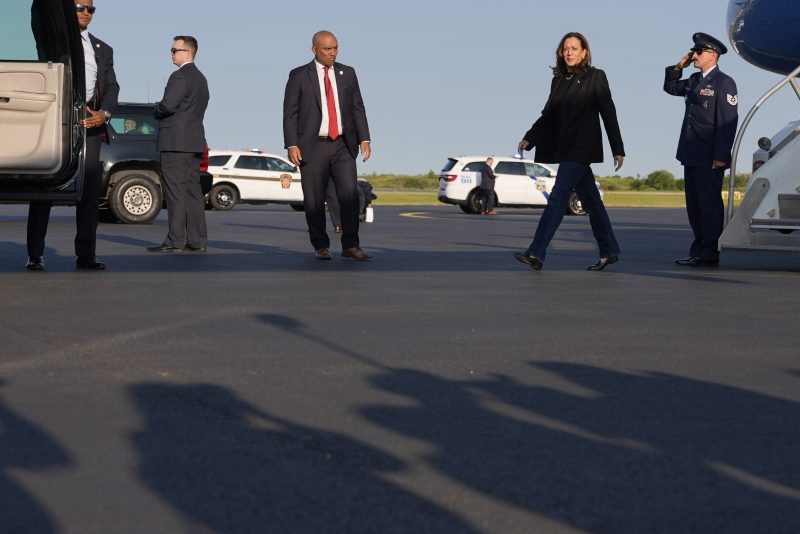Gender Dynamics in Political Debates: A Critical Analysis
In the realm of politics, gender dynamics play a significant role in shaping the interactions between candidates. As the United States witnessed a historic vice-presidential debate between Mike Pence and Kamala Harris, the intricacies of gender dynamics were brought to the forefront. Analyzing how these dynamics influence the behavior and reception of male and female candidates is crucial in understanding the nature of political debates.
The debate between Pence and Harris highlighted the double standards that often govern the expectations placed on male and female politicians. For Harris, the challenge lay in striking a balance between being assertive and maintaining likability. Research has shown that women in political settings are often penalized for displaying assertiveness, while men are rewarded for the same behavior. Harris navigated this delicate balance by asserting herself without appearing abrasive, a strategy known as feminine assertiveness.
Conversely, Pence’s performance exemplified traditional masculine communication styles, characterized by confidence and authority. He utilized interruptions and dismissive gestures to assert dominance, reflecting the gendered norms of communication that prioritize male aggression and control. These tactics, while effective in projecting strength, can alienate female viewers and perpetuate stereotypes of male aggression in politics.
Furthermore, the framing of issues and policy proposals in debates often reflects gendered stereotypes and biases. Female candidates like Harris are frequently scrutinized for their policy expertise and leadership abilities, while being simultaneously judged on their appearance and likeability. On the other hand, male candidates are often able to foreground their policy positions without the same emphasis on personal characteristics.
The role of the media in shaping gender dynamics during political debates cannot be understated. Biased reporting and gendered language can influence public perception of candidates and reinforce stereotypes. Female politicians are often subjected to sexist and derogatory language, undermining their credibility and legitimacy. In contrast, male candidates are typically portrayed in a more favorable light, with their policy positions and qualifications taking precedence over personal attacks.
Moving forward, it is essential to critically examine and challenge these gendered dynamics in political debates. By acknowledging the impact of gender norms and stereotypes on candidate behavior and public reception, we can strive towards a more equitable and inclusive political landscape. Amplifying the voices of women in politics, promoting diverse leadership styles, and holding the media accountable for fair and unbiased reporting are crucial steps in fostering a more gender-inclusive political discourse.
In conclusion, gender dynamics play a pervasive role in shaping political debates and candidate interactions. Understanding and addressing these dynamics is crucial in promoting gender equity in politics and ensuring that all candidates are judged based on their qualifications and policy positions rather than gender stereotypes. By fostering an environment that values diversity and inclusivity, we can create a more representative and progressive political sphere for future generations.

